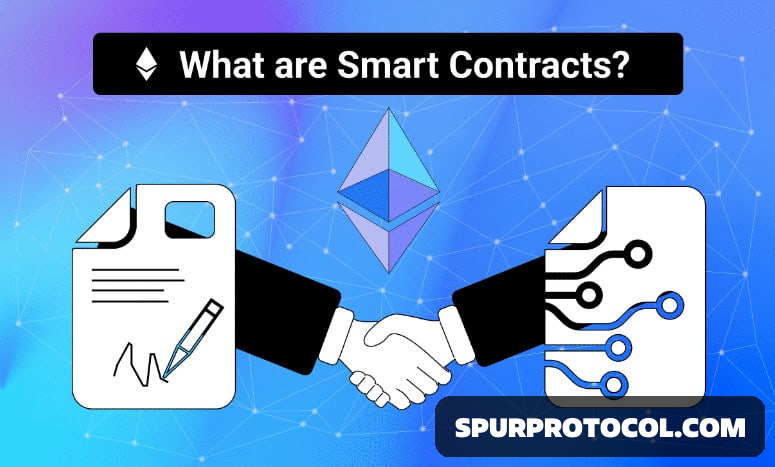💻 Smart Contracts: The Code That Enables Trustless Agreements
Smart contracts automate agreements directly on the blockchain. We break down what they are and why they are the key to decentralized applications.
Go Back

🕒 7:52 AM
📅 Oct 17, 2025
✍️ By Nathanael707
See it this way—a smart contract is like a self-executing vending machine for agreements. You don't need a lawyer or a bank. When predefined conditions are met (you put in $1 and press 'A1'), the contract automatically dispenses the result (a soda) without any human interference.
Let’s simplify this: smart contracts are just code deployed on a blockchain (like Ethereum or Solana) that executes automatically. They ensure that if A happens, then B must happen. Because they live on the blockchain, the execution is immutable (cannot be changed) and trustless (you don't need to trust a third party).
To put it simply, the code replaces the middleman. For instance, a smart contract could hold funds in escrow and automatically release them to the seller only when the tracking data confirms the delivery signature. No lawyer needed, no fee, just pure, automated logic.
Here is how to think about the idea. This mechanism is the backbone of Decentralized Finance (DeFi). Lending, borrowing, and swapping tokens are all done through smart contracts. They eliminate the single point of failure and the risk of human error or manipulation inherent in traditional finance.
Like any technology, smart contracts have their limitations: while they are secure once deployed, any bugs or flaws in the original code are permanent and can be exploited. This is why code audits are critical. Ultimately, smart contracts aren’t just complex legal texts; they are the programmable logic that allows the blockchain to do more than just record transactions.
